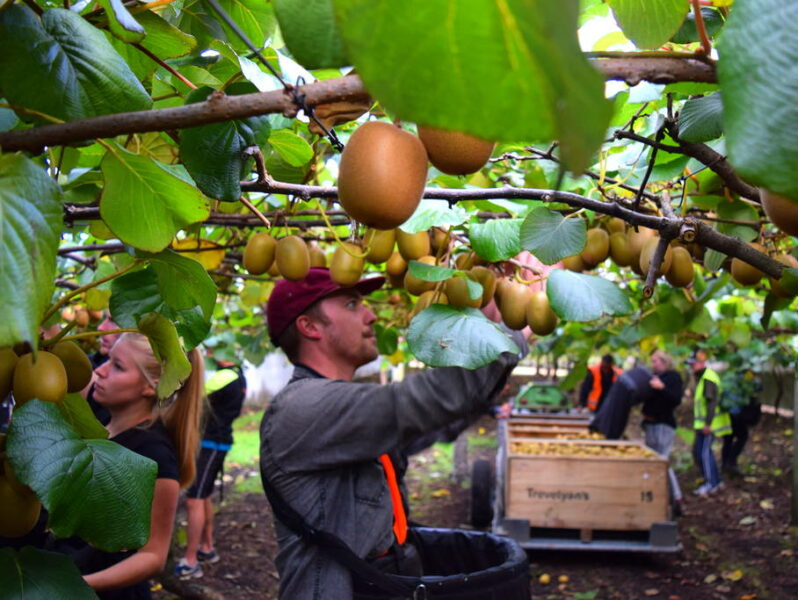19th June 2023 By Contributor | contact@foodticker.co.nz | @foodtickernz
A safe and just Earth will have a food system that regenerates nature, delivers nutritious food to everyone, and advances economic well-being along value chains, writes GreenBiz Group’s Seth Olson.

Environmental and social scientists recently released a follow-up to the planetary boundary framework called the safe and just Earth system boundaries. As the authors state to open the article, “the stability and resilience of the Earth system and human well-being are inseparably linked”.
The analysis provides a modern scientific underpinning to many global philosophies that Indigenous thought leader Robin Wall Kemerer simply summarises with this thought: “All flourishing is mutual.”
The original planetary boundary framework, first published in 2009 and updated in 2015, focused on understanding the vital biophysical systems — climate, water, nutrients, biodiversity and aerosols — that support human life on Earth. It quantified the limits of these systems within which human life can be sustained, which equates to “safe” boundaries.
The scientists have added three justice lenses to this year’s update to the framework: interspecies (between humans and other species), intergenerational (between past, current and future generations) and intragenerational (between different countries, communities and people in the current generation) justice. The concept of “just” boundaries refers to the level of change each system can withstand before significant harm is done to humans.
By adding these justice criteria, the scientists could assess whether staying within physically safe boundaries will be enough to prevent people from significant harm across time (intergenerational justice) and space (intragenerational justice).
The analysis finds that we’ve crossed two or more safe and just Earth system boundaries for 86 percent of the population and four or more boundaries in regions where more than a quarter of the Earth’s population lives. The areas most affected are where the greatest efforts will be needed to get back in harmony with the environment and each other.
The food system’s role in reaching this point
The assessment gives a snapshot of the planet’s degradation since the Industrial Revolution and how this affects non-human species, various communities and successive generations differently. It doesn’t delve deeply into the causes pushing us past the boundaries nor does it provide prescriptive solutions.
However, while reading through the findings, I could easily see the role of current agriculture and food system practices in driving negative impacts across the interconnected earth systems.
Here are some illuminating data points that link food and agriculture practices to the Earth’s current state for the five biophysical systems.
Building justice into the agrifood business
There’s a saying in the world of building intersectional progress that change happens at the speed of trust. Food and agriculture companies must integrate a justice lens into sustainability strategies to create this trust.
So let’s look at how companies can incorporate justice into their business models.
A safe and just Earth will have a food system that regenerates nature, delivers nutritious food to everyone and advances economic well-being along value chains.
How we move forward
Here are three crucial reminders as you take action:
We are outside the boundaries of a safe and just Earth system. But we have the potential to solve this planetary crisis. The first step is bringing attention to the urgent need for a just transformation of our food system.
Seth Olson is senior manager, food systems at GreenBiz Group, an Oakland-headquartered media and events company that accelerates the just transition to a clean economy.
Click here for the original article.
27 Feb 2024 Perspectives: Researchers looked at 700 plant-based foods – so how ‘healthy’ are they really?
15 Feb 2024 Perspectives: The rise of robo-retail – who gets left behind when shopping is automated?
12 Feb 2024 Perspectives: How to maximise the impact of cellular agri for sustainable food production
© 2024 Business Media Network Ltd
Website by Webstudio